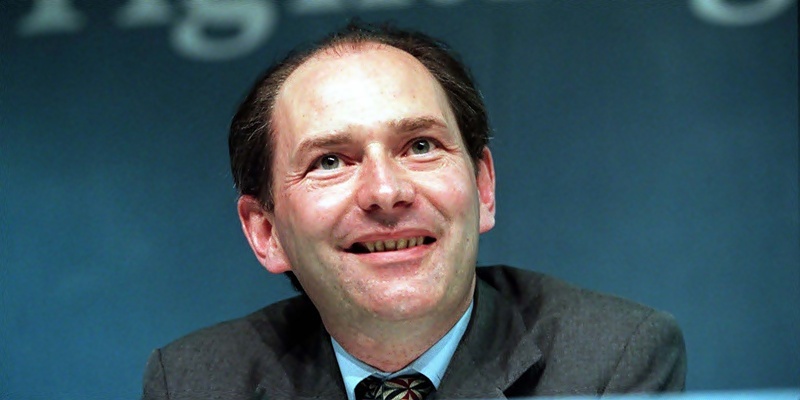One of the early favourites to be named rector of Scotland’s oldest university has become embroiled in a row after opponents claimed he once campaigned against the important powers associated with the position.
Reports from the late 1980s reveal Angus-born Lord Forsyth was part of the Thatcher government that put forward a controversial proposal to limit the power of university rectors.
The former Scottish Secretary is considered to be a front-runner for the position at St Andrews University. Votes are being cast this week, with the victor being named on Friday.
As campaigning got off to a hectic start, Lord Forsyth outlined the ”dire need” for investment in facilities at the university, and spoke of his desire to ”repay the debt” he owed the town after studying there in the 1970s (link).
However, opponents have claimed Lord Forsyth’s enthusiasm for the role is somewhat new-found.
Back in 1989, a Tory-supported bill called for an end to the traditional rules that grant the rectors of Scotland’s four ancient universities the automatic right to chair the influential University Court. The controversial proposals would have reversed the historic right guaranteed under the Universities (Scotland) Act 1858.
Those backing the plan had attacked the rector of Glasgow, Winnie Mandela, wife of Nelson, who could not attend meetings of the Glasgow University Court because she was imprisoned by the apartheid regime in South Africa.
Students from St Andrews were among those protesting against the change and, following a spirited campaign, the government was forced to back down.
With a week of campaigning under way, supporters of Lord Forsyth’s rivals former footballer Pat Nevin, broadcaster Abeer McIntyre, author Alistair Moffat and Scottish Socialist party spokesman Colin Fox are sure to seize on his apparent change of opinion.
The successful candidate will be announced on Friday evening and the new rector will take up post immediately, ahead of a formal induction ceremony in spring.
Lord Forysth told The Courier he ”absolutely” supported the rector’s right to chair the University Court.
”I believe it is essential,” he said. ”Relying on my memory of events which were more than 20 years ago … I was responsible for this bill, which had included a provision to change the legislation which allowed a rector elected by the students to chair the court.
”This caused an outcry and I dropped it from the bill.”
Photo PA Archive.
